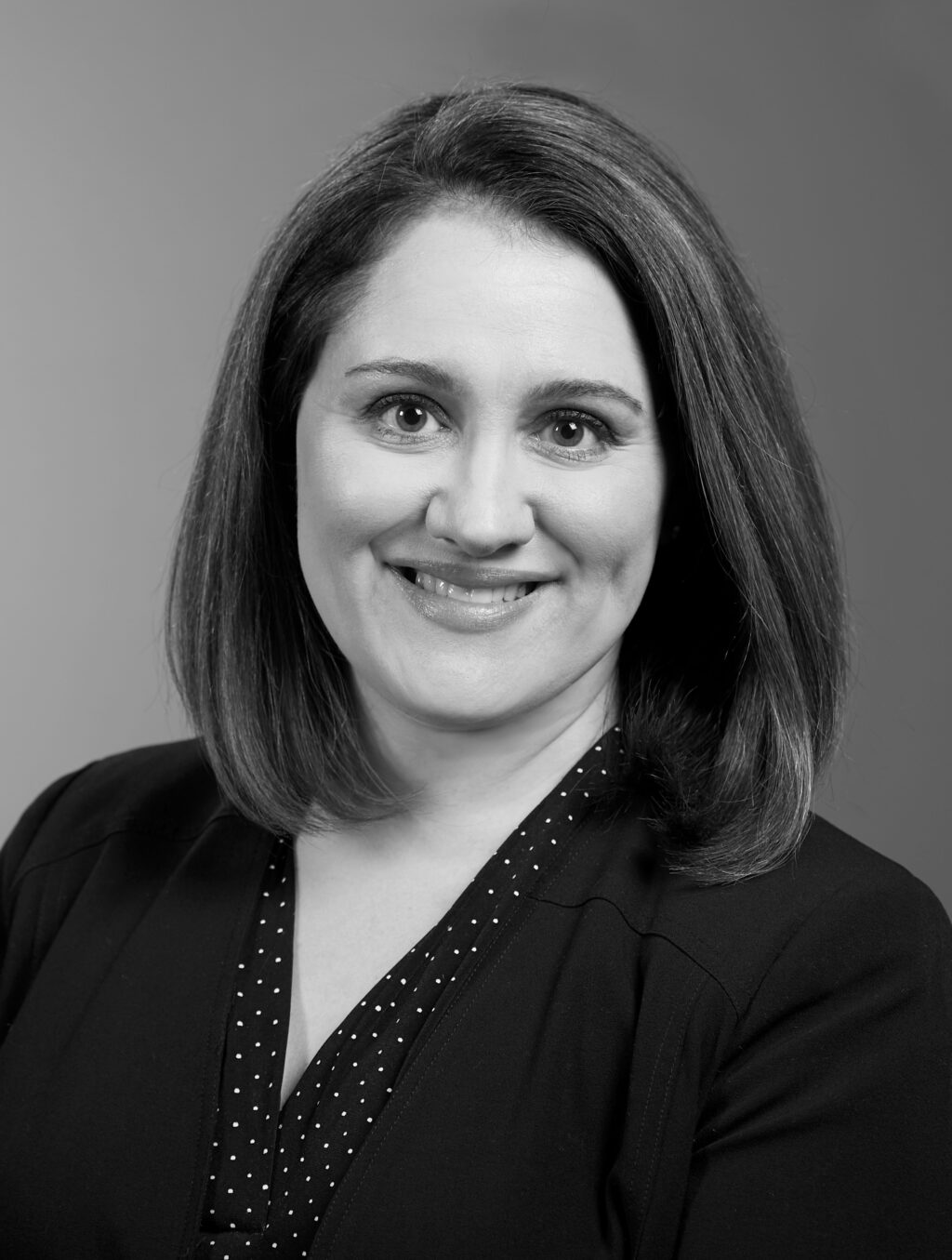Q: What is the number one lesson you have learned during your CX career journey that you use on a regular basis, that you believe all CX professionals should know?
To be a successful CX leader you need to act like a catalyst, not a crusader. Most CX leaders think that to drive action they need to get more data, make stronger arguments, or talk about CX to more people. Those things “should” work in theory, but they don’t. Given the reality of human behavior, it’s more effective to quietly and strategically nudge people to think and act in new ways. For example, instead of telling executives about a situation, create a situation where they will have their own “ah ha” moment about what’s going on. They are more likely to take action on a situation they feel like they discovered than one someone told them about. I call this strategy “engineering an epiphany.”
Q: What has been your biggest pain point in driving CX?
Executives don’t think about – or don’t want to think about – CX management as a key capability every business needs to have. They think of CX as a project – something to fix or innovate before moving on to another effort.
Q: What is your best piece of advice for CX leaders to be successful?
Assume positive intent. No one wants to annoy customers or make life difficult for employees. Business partners are trying to do what they think is best given what they know and see about the world. Rather than say they’re wrong, aim to expand their understanding so CX becomes a part of their equation. For example, it is important to mitigate risk, but what’s the risk of a bad customer experience? Is that part of our risk assessment model and process?
Q: What is your most favorite customer experience memory?
Finalizing the “Next Generation CX Index” methodology with Roxie Strohmenger after months of research, debate, and experimentation. She worked remotely, but I was visiting her city for a conference. We were able to hunker down in my hotel room, make the final decisions, and then go celebrate with an amazing meal.
Q: While all customers should be treated well, do you think all customers should be treated exactly the same?
No. Different people prefer different experiences. As long as you’re not trying to be all things to all people, it’s okay, for example, to offer a more hands on or self-service approach to different groups. Also, not all customers are of equal value to the business. The conversation should always be about right-sizing your experience strategy based on the larger business and competitive strategy. If that means some customers get less, so be it.
Q: What is the number one lesson you have learned during your professional career that you use on a regular basis, that you believe all professionals should know?
When you are feeling overwhelmed, confused, or like you’ll never figure something out – step away. Go do something totally unrelated. The synapses in your brain will work behind the scenes so when you come back to the problem later the answer will reveal itself. I used to think that struggling was a sign I didn’t know what I was doing (e.g., fixed mindset, imposter syndrome). Now I know that it’s part of the process. Being willing and able to push through the struggle is what makes you successful.
Q: What is your most favorite professional memory?
My then boss walking up to me right before Thanksgiving and saying – totally unprompted – “I’m thankful that I get to work with you.” I felt more seen and appreciated than I have at any other moment in my 20+ year career.
Q: What do you consider your greatest achievement?
Architecting models that gave people a structured way to think and talk about CX when none existed. Whenever I hear someone reference the CX disciplines, types of CX metrics, or the Three Es of CX measurement at a conference or in a meeting I smile knowing that those frameworks that I created are enabling them to have productive conversations almost two decades later.
Q: What profession other than your own would you like to attempt?
College professor.
Q: Which living person do you most admire?
I admire different things about different people so it’s impossible to choose just one!
Q: Which talent would you most like to have?
Singing. I was halfway decent in my youth but not anymore. That doesn’t stop me from singing along to my favorite songs in the car – I just make sure no one is around!
Q: What book changed your life?
“What Color Is Your Parachute” by Richard N. Bolles. One of my first bosses suggested that I read it when trying to figure out my next career move. It helped me understand what I love and don’t love, where I’m at my best, and how I want to work. The thinking I did from that exercise that has guided my entire career and opened my eyes to factors I would never have known to consider when taking roles and choosing teams. When I go back and read the analysis I did in the early 2000s it is still eerily accurate.
Q: What is your motto?
Before you ask a question, know what you’re going to do with the answer.
